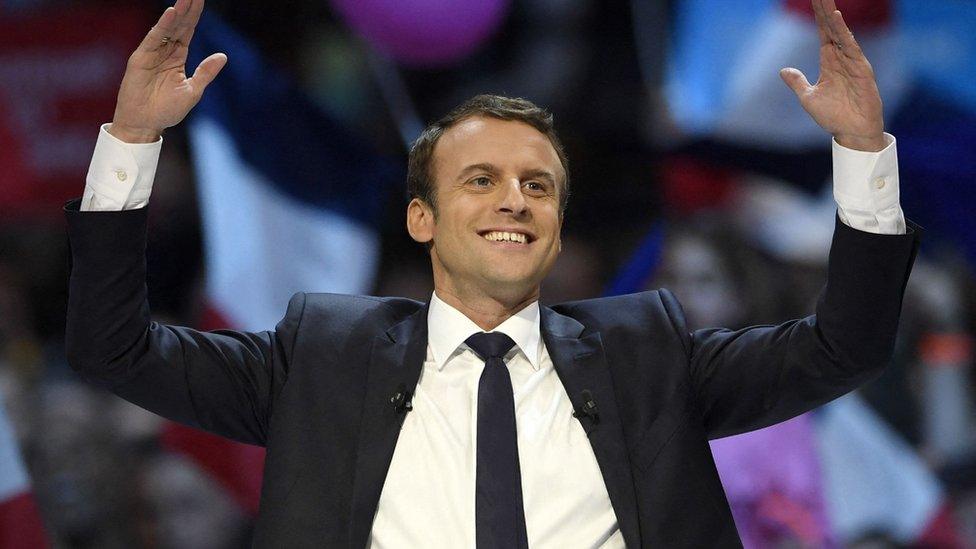Eurovision: Where has the UK gone wrong in the past?
- Published
Amy Wadge co-wrote Space Man in a video call
The UK hasn't taken Eurovision seriously but that is changing, a co-writer of this year's entry has said.
Amy Wadge said although some think the UK's lack of success it due to politics, in reality not enough effort has been made.
Sam Ryder will sing Space Man at this year's event hosted in Turin, Italy,
The song was written over Zoom and Amy was initially "sceptical" about it being performed at Eurovision as Space Man is about to be seen by millions.
On Thursday, the second semi-final took place to determine which 26 counties compete in Saturday's final.
Grammy Award winner Amy, who lives in Rhondda Cynon Taf, co-wrote Thinking Out Loud with Ed Sheeran and previously worked with artists such as Camila Cabello and Bonnie Tyler.
She has been working with TikTok star Sam Ryder for 18 months and co-wrote Space Man with him and Max Wolfgang.
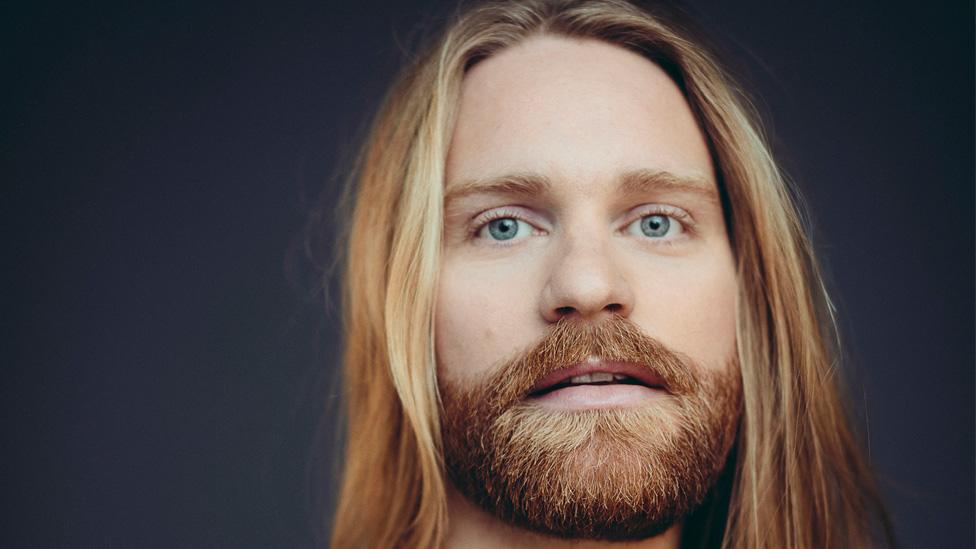
This year, TikTok star Sam Ryder hopes to break the UK's losing streak
"My initial reaction was like, 'that's a bit of a curveball'," said Amy.
"But I think that the UK has really embraced the opportunity and having 200 million people seeing a song is huge and I think that Sam is such a great ambassador for it because he truly loves the Eurovision songs.
"It is an amazing spectacle however you look at it, and I hope that at the very least, we've reconfigured people's thoughts [to think] 'let's go for it and let's enjoy it'."
She hopes Sam's "infectious" love for Eurovision will change the way people view the competition.
She said it has been considered a "bit of a joke", but "if you look back, the songs have been really great".
"James Newman is a friend of mine, he wrote a great song last year, but there was not all the framework around it to elevate it.
"Actually back in the day with Katrina and the Waves, Michael Ball, etc all did very well because we understood we should throw our best at it."
How well does the UK do in Eurovision?
The UK has taken part in 63 Eurovision contests since 1957. It has won the competition five times, including its last win in 1997.
Critics have said the UK's lack of recent success is due to politics, but Eurovision organisers point out that judges sign a document agreeing to vote independently.
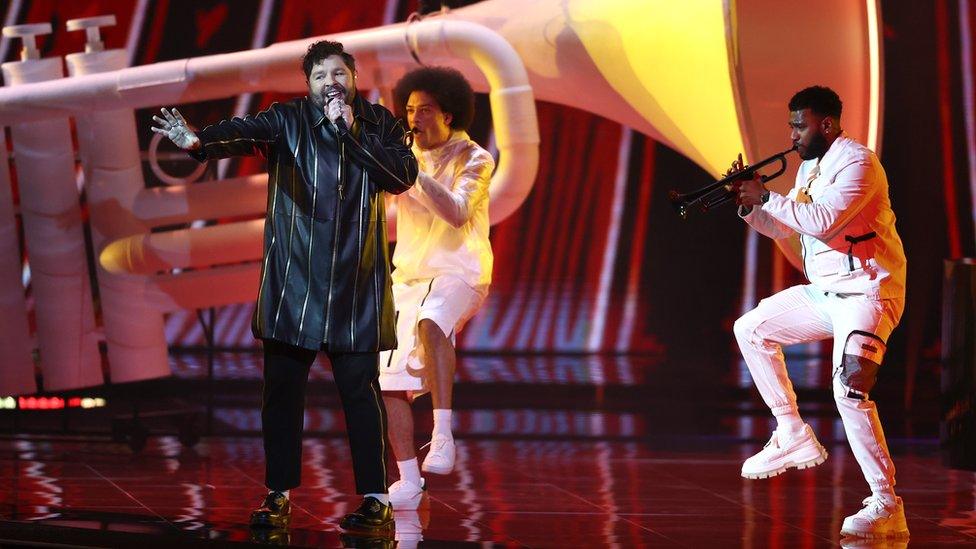
James Newman's song Embers got ranked 11th and 13th out of 26 through jury points by Poland and the Czech Republic
Amy believes that view is a bit "paranoid" and the quality of acts competing is always going to make it a challenge.
"There's some great artists with great songs and we as the UK just need to go and be proud of who we are and just be accepted," she said.
In 2021, the UK received no points from the jury or the public - the same as in the previous final in 2019.
In fact, the UK hasn't seen the top 10 since 2009 or even in the top half of the leader board since 2011.
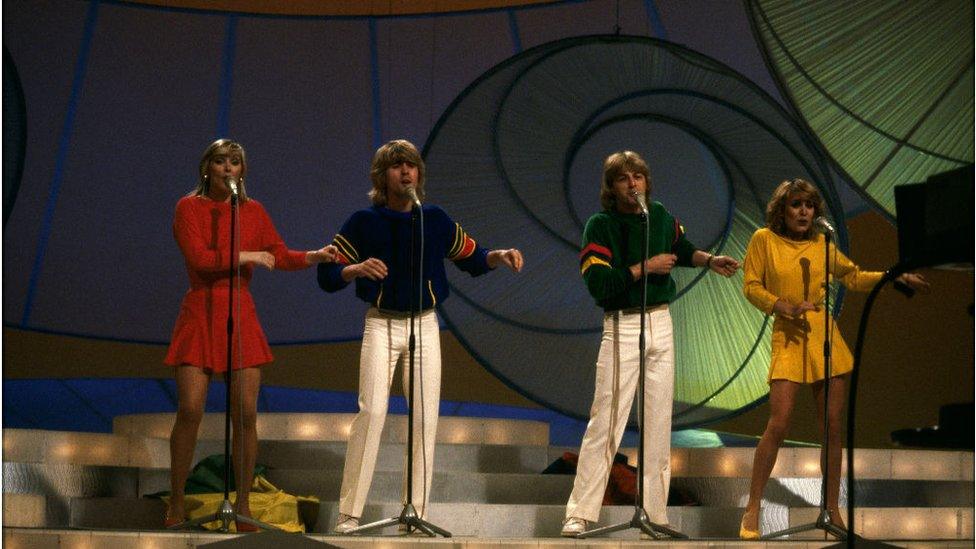
Bucks Fizz became 1980s stars after their 1981 Eurovision win
However, it is not all doom and gloom when it comes to the UK's performance at Eurovision.
In fact, some big names have come out of the other side, including winners Bucks Fizz in 1981 and Lulu in 1969.
Allow YouTube content?
This article contains content provided by Google YouTube. We ask for your permission before anything is loaded, as they may be using cookies and other technologies. You may want to read Google’s cookie policy, external and privacy policy, external before accepting. To view this content choose ‘accept and continue’.
Runners up have also seen success - have you ever heard of Sir Cliff Richard?
Coming second in 1968, he has sold more than 250 million albums in his 50-year career.
Amy said, despite working on the UK entry, she was "rooting for Ukraine" because of "a really great song and what they are going through as a country".
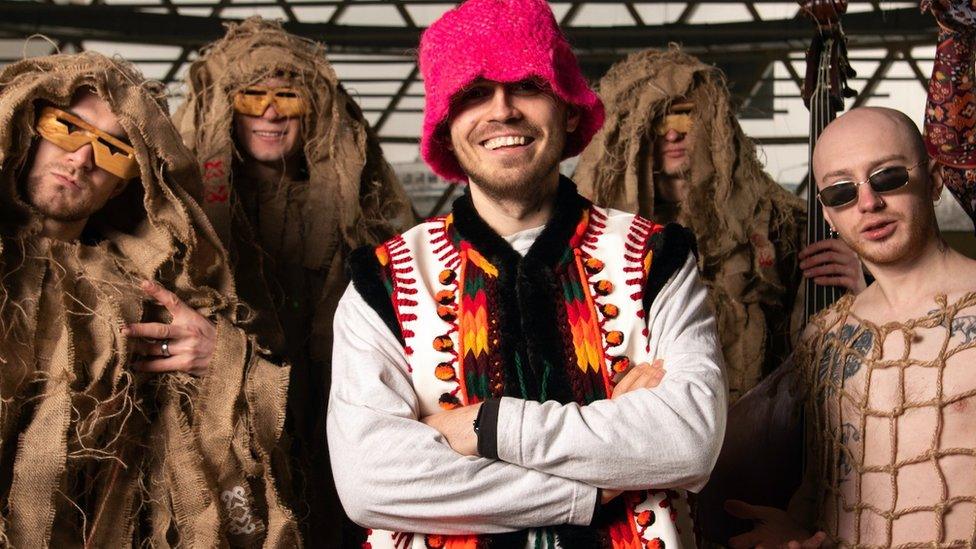
Ukraine last won in 2016 but Kalush Orchestra are hoping for another win - pointing out they were the fifth favourites to win before the invasion
After Turin at the weekend, Amy will be flying to LA but the songwriter to the stars said her home in the valleys was where she wants to be.
"I truly adore the people here and I'm in a fortunate position where I can think of what financially I can do to help."
As part of that thinking she's collaborated with Michael Ball OBE to write the song Million Lights for the charity 2wish. All proceeds will go to the Welsh child bereavement charity.
"For whatever reason over the last couple of years I have got to know people who have gone through child loss and I am affiliated with a couple of charities… as a mother you're going to feel some connection".

Watch the Eurovision Song Contest Final on BBC iPlayer and BBC One at 20:00 BST on Saturday 14 May

Related topics
- Published13 May 2022
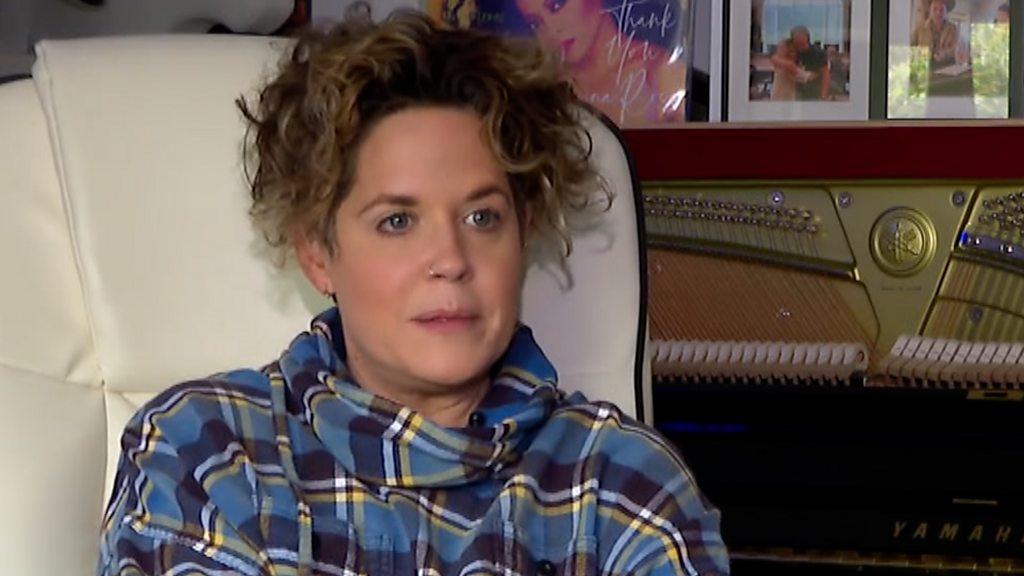
- Published10 March 2022
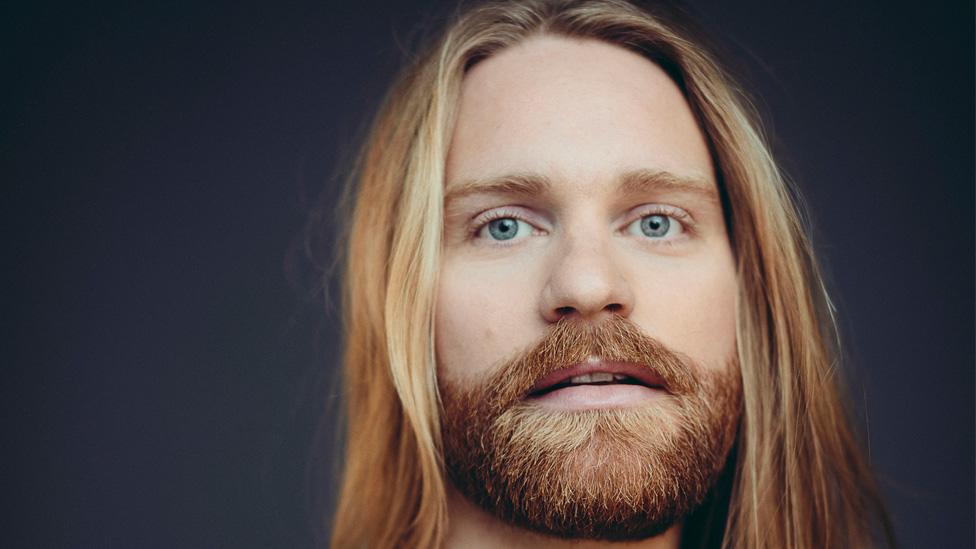
- Published9 May 2022
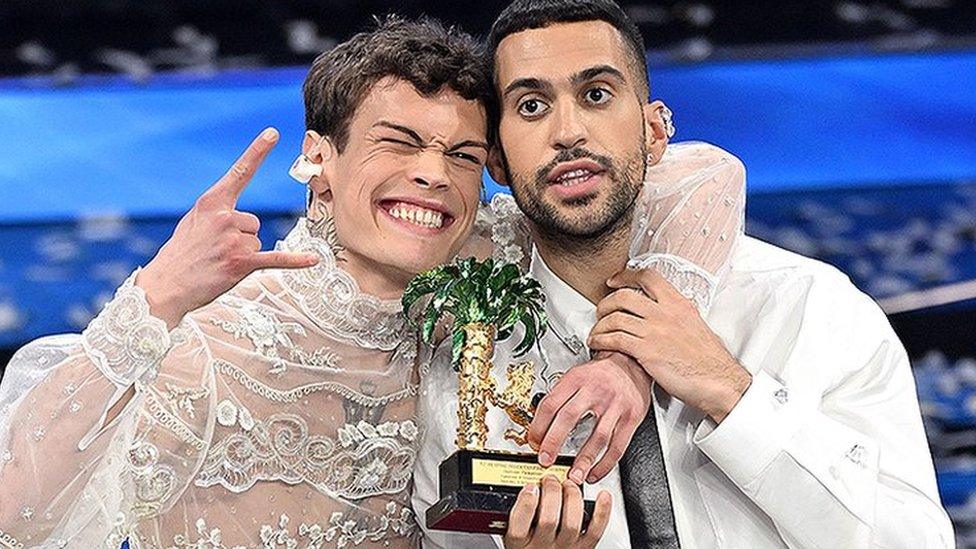
- Published10 May 2022
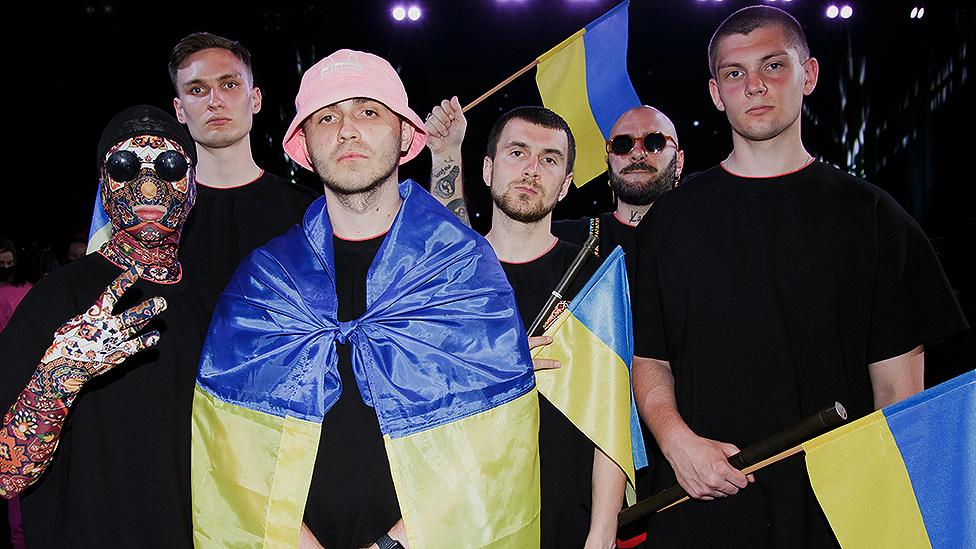
- Published10 May 2022
